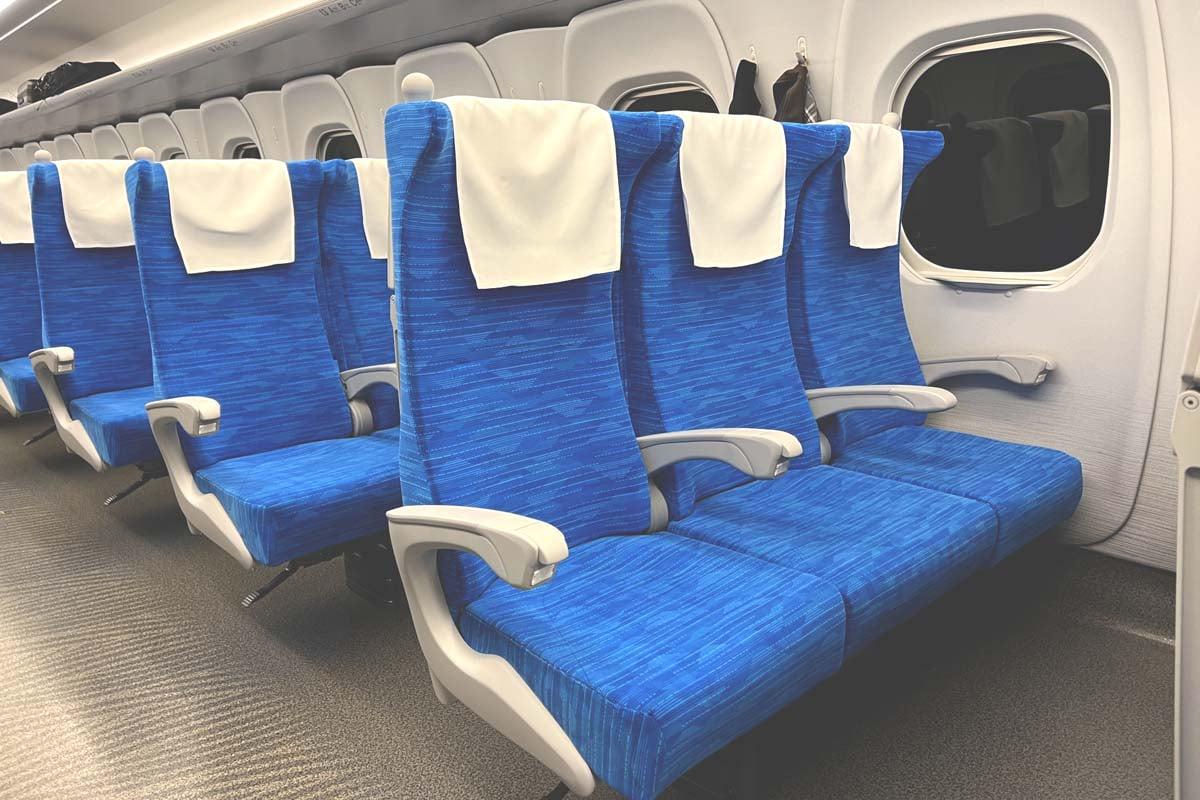
Japan’s Shinkansen (bullet train) carries over 100 million passengers every year, but cracks are starting to show in the system. Issues like people sitting in reserved seats they haven't reserved and using luggage areas without booking them are becoming more common. These problems are frustrating passengers and raising serious questions about who is responsible for maintaining order on board.
Main Problems:
- Reserved seats being taken by others
- Luggage spaces being used without reservations
- Theft and other onboard troubles
The rise in foreign tourists and cultural differences have made things more complicated. Some travelers don’t understand or follow the rules, such as booking space for oversized luggage or staying quiet in work-friendly cars. Despite announcements and signage, awareness remains low.
Staffing Limits:
On most trains, only a few staff members (conductors and attendants) are available to handle issues. Even though some trains have security guards, their numbers are small compared to the 16-car trains they patrol. Staff can ask passengers to follow rules, but they don’t have any real power to enforce them.
Structural Issues:
- The system is still based on the belief that passengers will follow the rules (a “good faith” model).
- Staff numbers are limited due to cost and labor shortages.
- Even when there are problems, there’s no strong legal or institutional backup to handle serious violations.
Proposed Solutions:
- Stronger teamwork between conductors and security with shared authority to act when problems occur.
- Technology-based support, such as:
- Cameras and AI for automatic alerts
- A way for passengers to report trouble using their smartphones
- Data tracking to predict and prevent future issues
Global Comparison:
In Europe and the US, trains have more onboard security with real authority. For example, Amtrak staff in the US can contact police right away. Japan’s model still depends too much on personal responsibility, which no longer fits today’s environment.
Final Thoughts:
Safe and comfortable train travel isn’t just about speed. Passengers should feel confident they’ll get the seat they paid for and that problems will be handled fairly. As Japan’s trains serve more diverse passengers, it’s time to update the system so that even with fewer staff, order can still be kept. The article calls on readers to recognize this growing problem and take it seriously.
by MagazineKey4532
